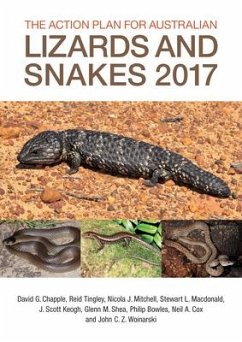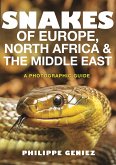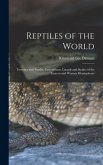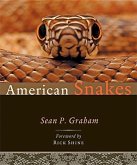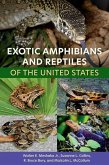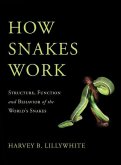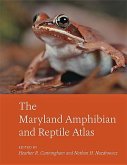The Action Plan for Australian Lizards and Snakes 2017 provides the first comprehensive assessment of the conservation status of Australian squamates in 25 years. Conservation assessments are provided for 986 species of Australian lizards and snakes (including sea snakes). Over the past 25 years there has been a substantial increase in the number of species and families recognized within Australia. There has also been an increase in the range and magnitude of threatening processes with the potential to impact squamates. This has resulted in an increase in the proportion of the Australian squamate fauna that is considered Threatened. Notably over this period, the first known extinction (post-European settlement) of an Australian reptile species occurred - an indication of the increasingly urgent need for better knowledge and management of this fauna. Six key recommendations are presented to improve the conservation management and plight of Australian squamates.
Hinweis: Dieser Artikel kann nur an eine deutsche Lieferadresse ausgeliefert werden.
Hinweis: Dieser Artikel kann nur an eine deutsche Lieferadresse ausgeliefert werden.

